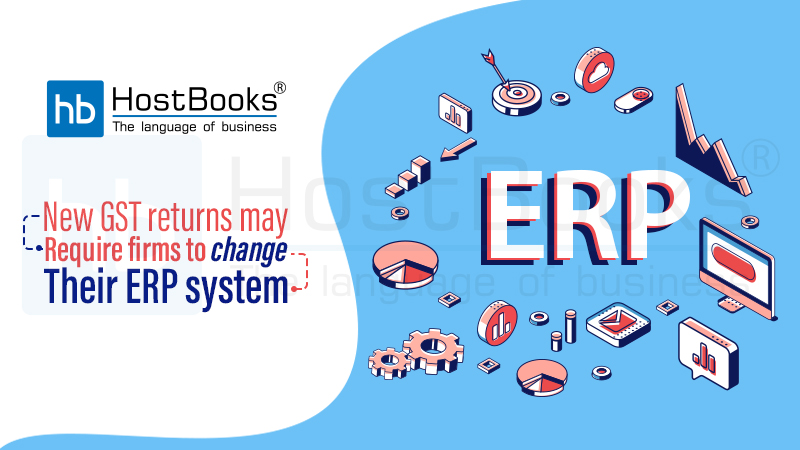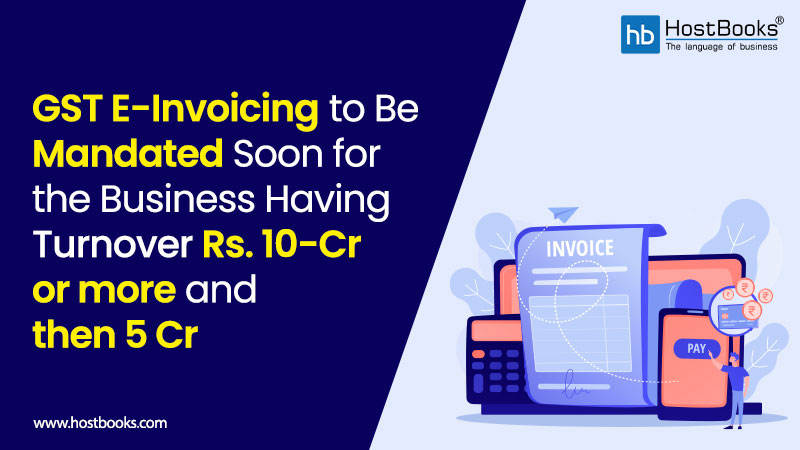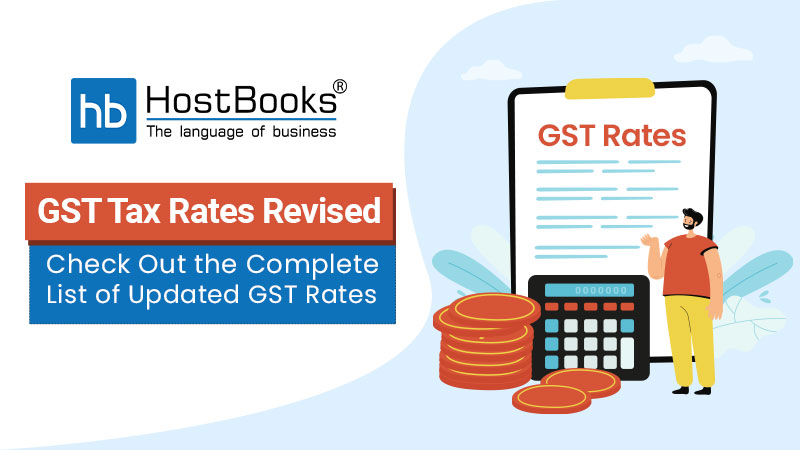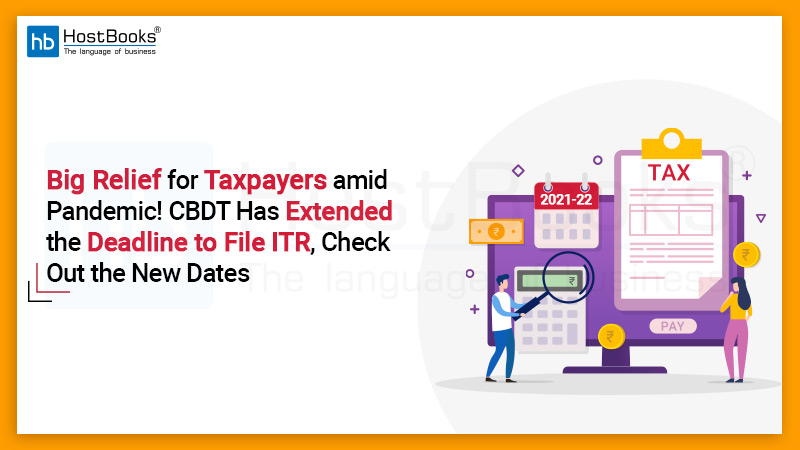New GST returns may require firms to change their ERP system

Source: Livemint
Companies may have to change their enterprise resource planning (ERP) systems because of the new Goods and Services Tax (GST) returns which will be implemented from April 2020 onward. The new return forms would require a lot of details such as purchases from unregistered dealers. Additionally, the bill of entry-wise import details and bill of entry-wise purchases from special economic zones (SEZs) would also be required.
Enterprise Resource Planning (ERP) is a software that helps companies manage and monitor everything in the organization, including finance, supply chain, and even human resource functions. It is designed to integrate an organization’s day-to-day business processes into a unified system.
GST returns will become workflow-driven
As of now, there is one-way traffic which means suppliers upload these data. However, from April 2020 onward, recipients will also have to upload all of these data. In fact, instead of being the current supplier-driven traffic, starting from April next year, GST returns would become a workflow-driven mechanism.
Furthermore, electronic invoicing or E-invoicing for business to business (B2B) transactions would also come into effect from January 1, 2020. The move is intended to curb tax evasion which would require changes in the ERP systems in order to allow tax authorities to track every invoice. In addition, the current invoices being generated on the companies’ ERP, the new system would require automatic uploading of all the data to the government portal.
Depending on the details required to be furnished in the GST return forms, the ERP system might need to be changed. It might not require the complete overhaul of the system, but after e-invoicing being implemented and more details required in new GST returns from early next year, some changes would certainly be required.

Try HostBooks
SuperApp Today
Create a free account to get access and start
creating something amazing right now!

















